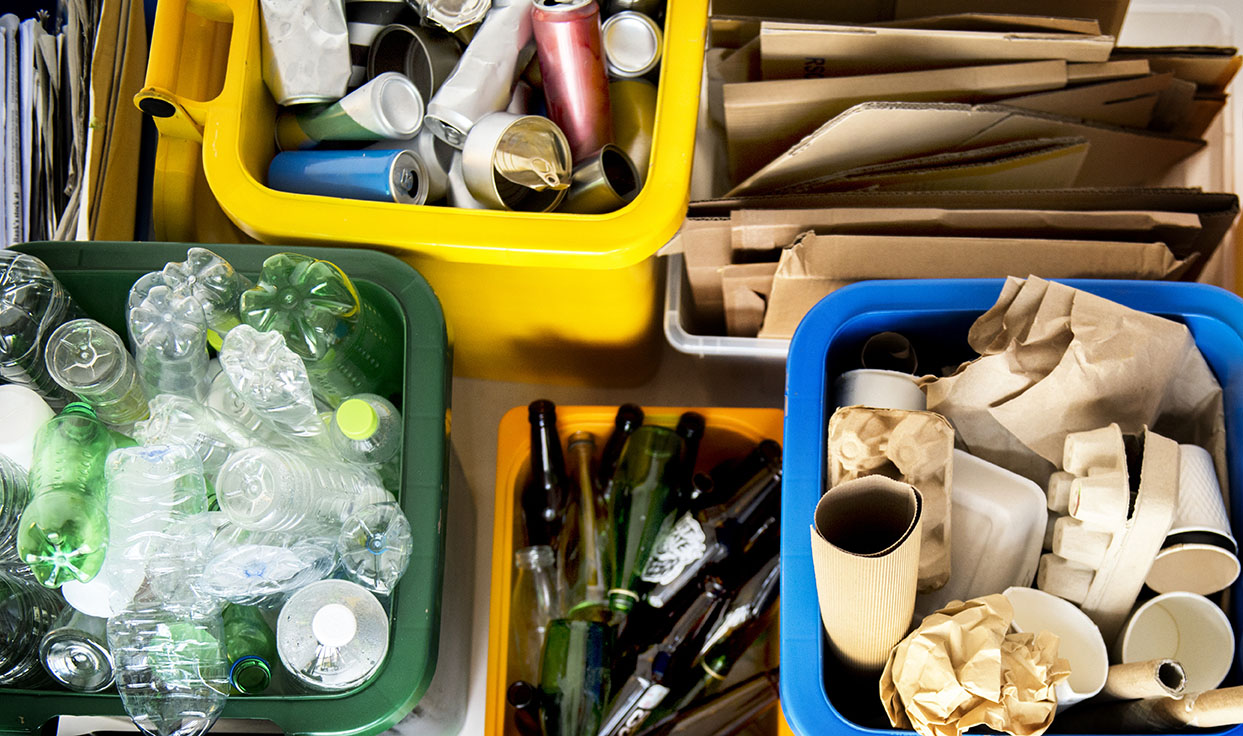

Reducing can mean making something smaller or removing something from something else. For example, we can reduce the size of a piece of paper by cutting it in half. We can also reduce the amount of salt in a recipe by taking some of it out.
In chemistry, reduce can mean gaining electrons. When an atom or molecule gains electrons, it becomes less oxidized. This can happen in a chemical reaction, where one atom or molecule loses electrons and another atom or molecule gains them.
Reducing things is important for both environmental and economic reasons. When we reduce our consumption of resources, we help to conserve them for future generations. We also reduce the amount of pollution that we produce, which improves air and water quality.
The scientist reduced the amount of pollutants in the water.

Verb:
Noun:
The word "reduce" comes from the Latin word "reducere", which means "to bring back".
The first recorded use of the word "reduce" in English was in the 14th century.
Why is it important for the planet for us to reduce what we use?
Question:
Explain the concept of reduction in chemistry and its significance in chemical reactions. Provide an example of a reduction reaction and its practical applications.
Answer:
In chemistry, reduction refers to a chemical process where a substance gains electrons, often accompanied by a decrease in its oxidation state. Reduction reactions are essential because they frequently occur alongside oxidation reactions, forming redox (reduction-oxidation) reactions. Together, these reactions involve the transfer of electrons, leading to the alteration of the oxidation states of the participating elements.
An example of a reduction reaction is the process of hydrogenation in the food industry. When unsaturated fats (containing double bonds) in vegetable oils are treated with hydrogen gas in the presence of a catalyst, the double bonds are broken, and hydrogen atoms are added to the carbon atoms. This not only reduces the number of double bonds but also increases the saturation of the fat, converting liquid vegetable oils into more solid forms, such as margarine or shortening.
Reduction reactions have broader applications beyond food processing, including in chemical manufacturing, metallurgy, and even biology, where they play a role in cellular respiration. Understanding reduction processes is fundamental for designing efficient and controlled chemical reactions and is crucial for various industrial processes and everyday technologies.
Address
Developing Experts Limited
Exchange Street Buildings
35-37 Exchange Street
Norwich
NR2 1DP
UK
Phone
01603 273515
Email
hello@developingexperts.com
Copyright 2025 Developing Experts, All rights reserved.